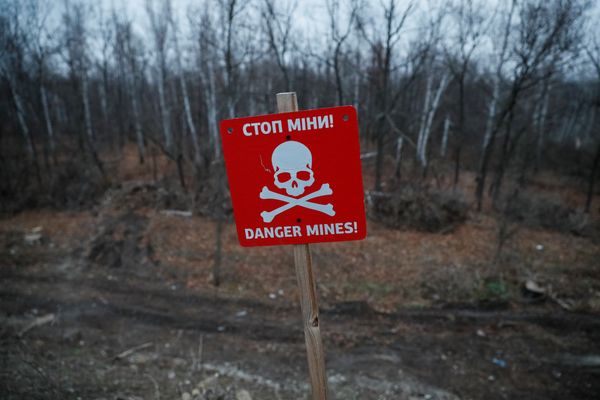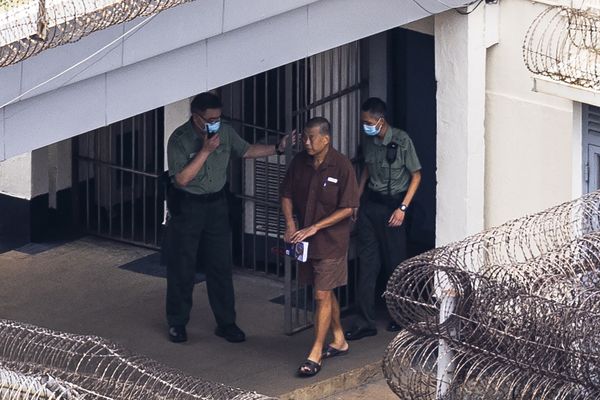
In a recent ruling by the Colorado Supreme Court, former President Donald Trump has been removed from the state's 2024 presidential ballot. Republicans, including Trump's 2024 rivals, are rallying around him and strongly criticizing the decision. Even Trump's former attorney general, Bill Barr, who is not a supporter of the former president, believes that the ruling will politically benefit Trump.
The ruling has sparked a debate about whether it is appropriate for judges to decide who is eligible to be on the ballot. Trump's team plans to respond to the decision using a familiar playbook. They will attack the ruling as political interference, argue that the judges are biased against Trump, and use the situation as an opportunity to fundraise.
Many of Trump's primary challengers, who are crisscrossing Iowa and New Hampshire to differentiate themselves from him, are now forced to focus on defending him in these legal battles. However, some candidates, like Nikki Haley, are expressing a desire to compete with Trump on their own merits.
The Colorado Supreme Court decision has put Trump's challengers in a difficult position, as they now have to navigate discussions around Trump's legal troubles instead of focusing solely on their own campaigns. Florida Governor Ron DeSantis has seized the opportunity to highlight the need for a candidate without legal troubles to move the country forward.
The intertwining of politics and the court system has become a defining characteristic of this campaign, even before any ballots have been counted. The Colorado ruling is currently awaiting review by the Supreme Court, which will determine whether it could have a domino effect on other states.
At the federal level, Trump faces the possibility of prosecution in Washington, D.C. Special Counsel Jack Smith is seeking immediate review by the Supreme Court on whether Trump has immunity from facing prosecution. Trump's team, however, prefers to continue the process through the appeals court, delaying any potential Supreme Court involvement.
While it is not typical to skip the appellate court and go straight to the Supreme Court, it has happened around 19 times since 2019. Prosecutors argue for going direct to the Supreme Court to expedite the trial before March 4th, but Trump's team is pushing for procedural process and potential delays.
These legal battles are happening in the midst of an election year, further complicating the political landscape. Multiple cases are playing out across different jurisdictions, with the potential for significant implications on the upcoming elections. The situation continues to unfold, with the Supreme Court's involvement yet to be determined.











